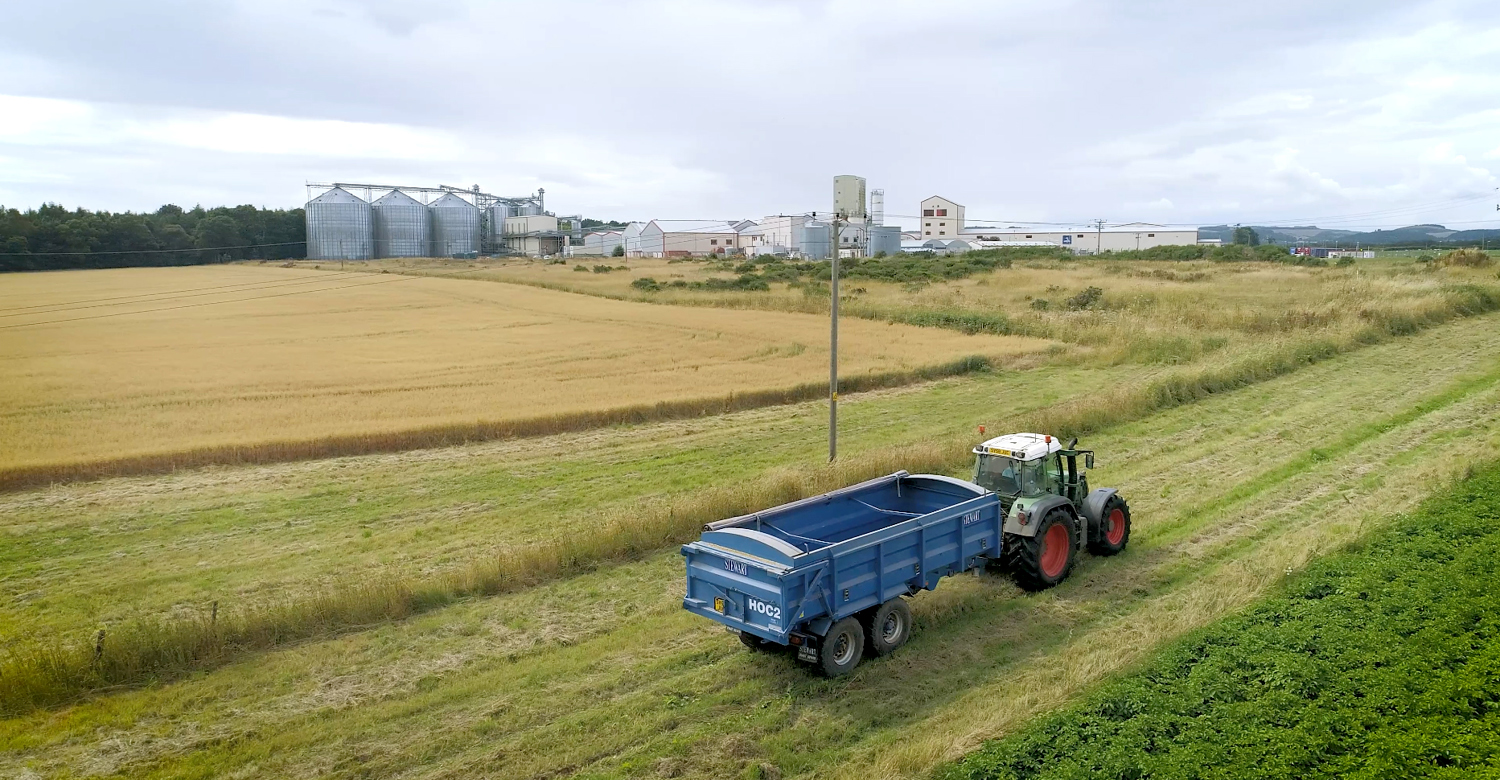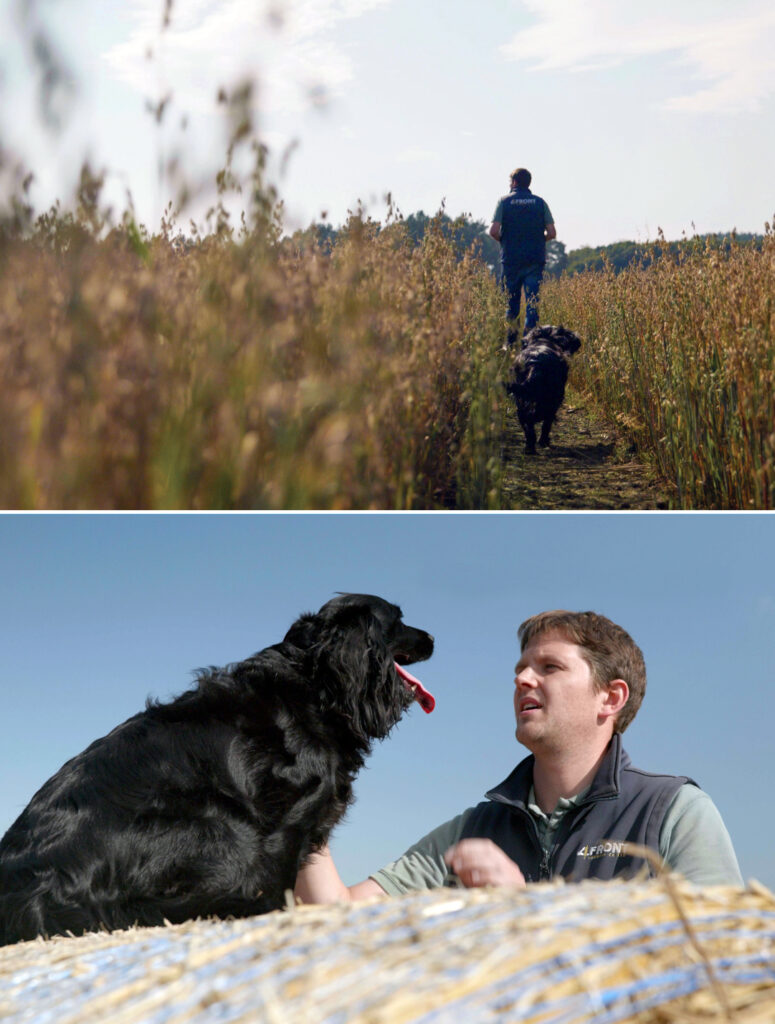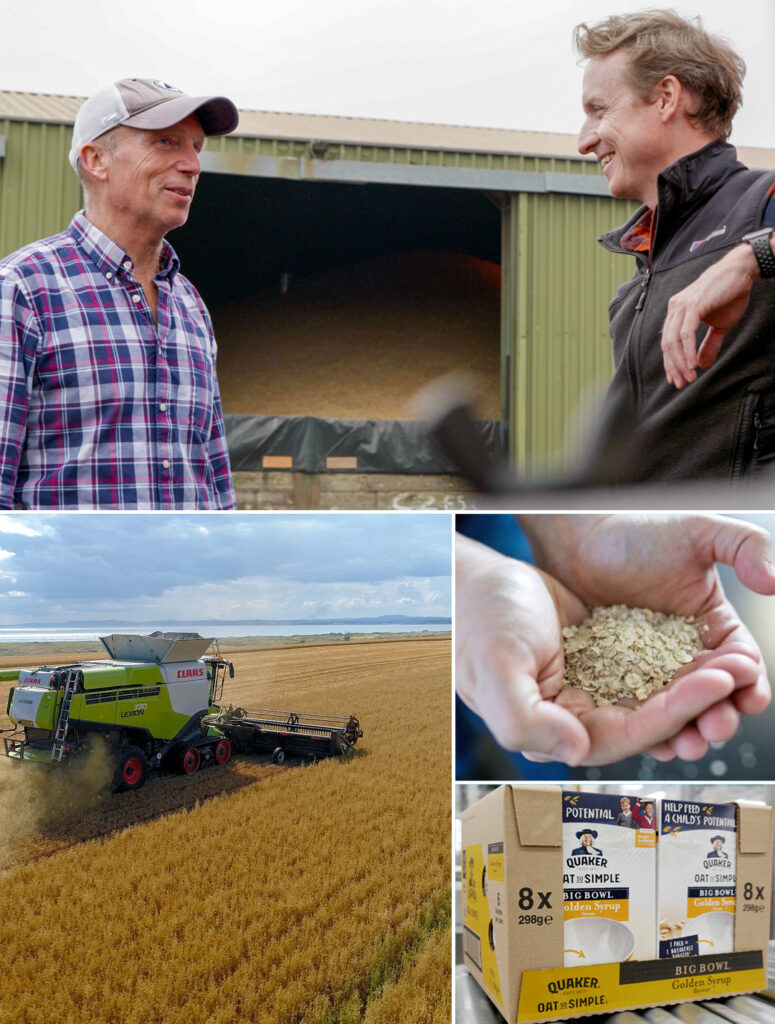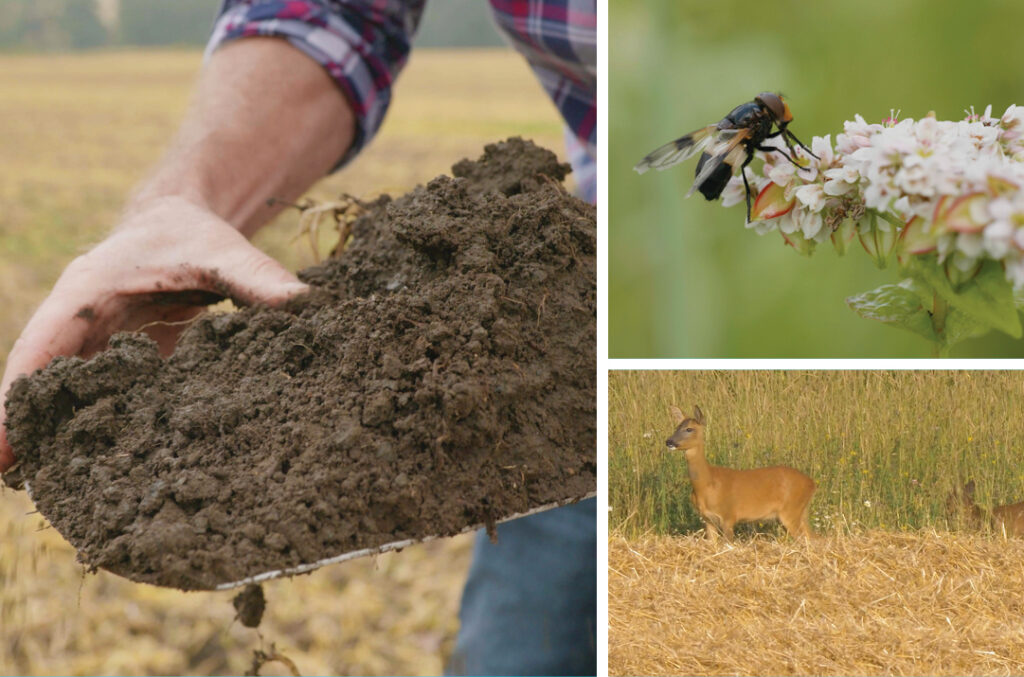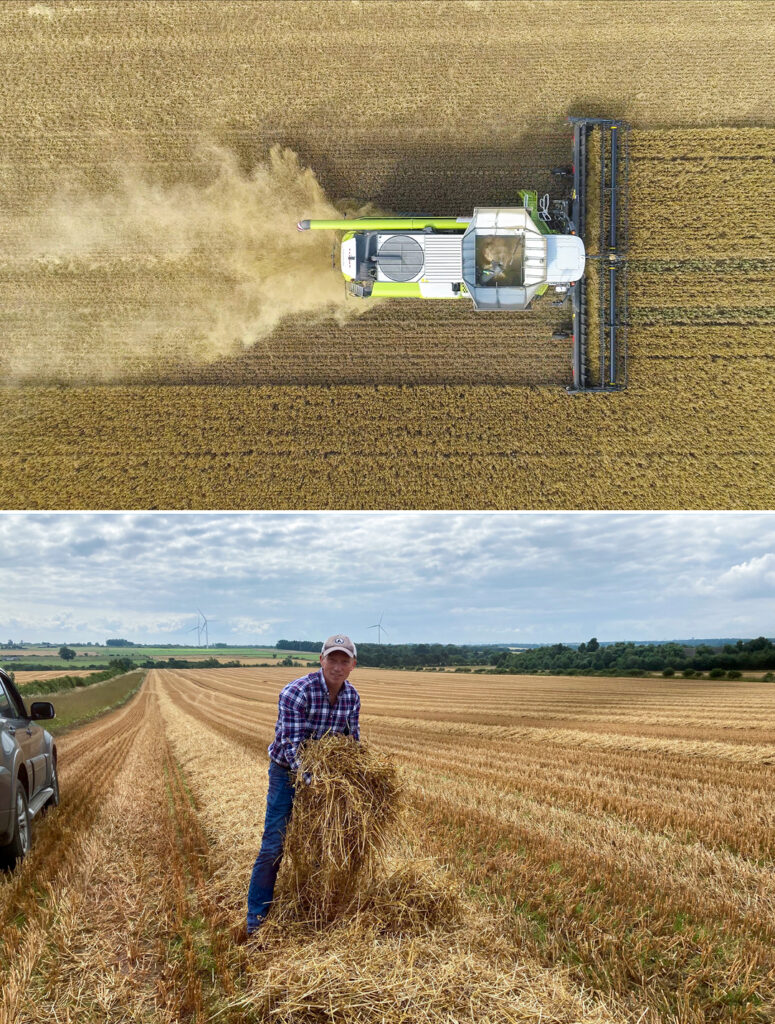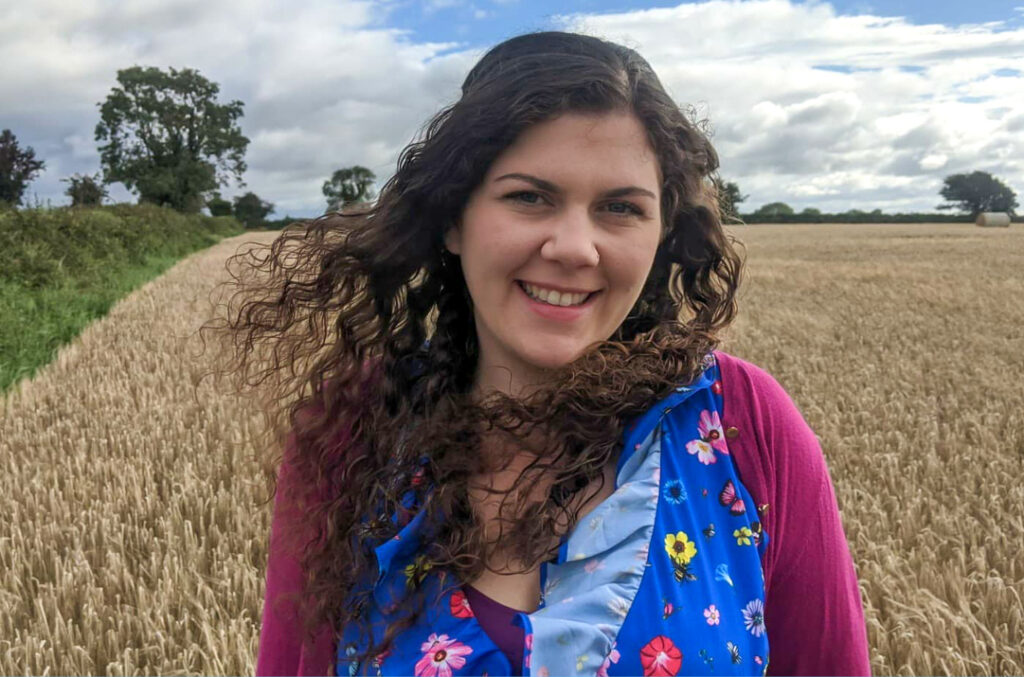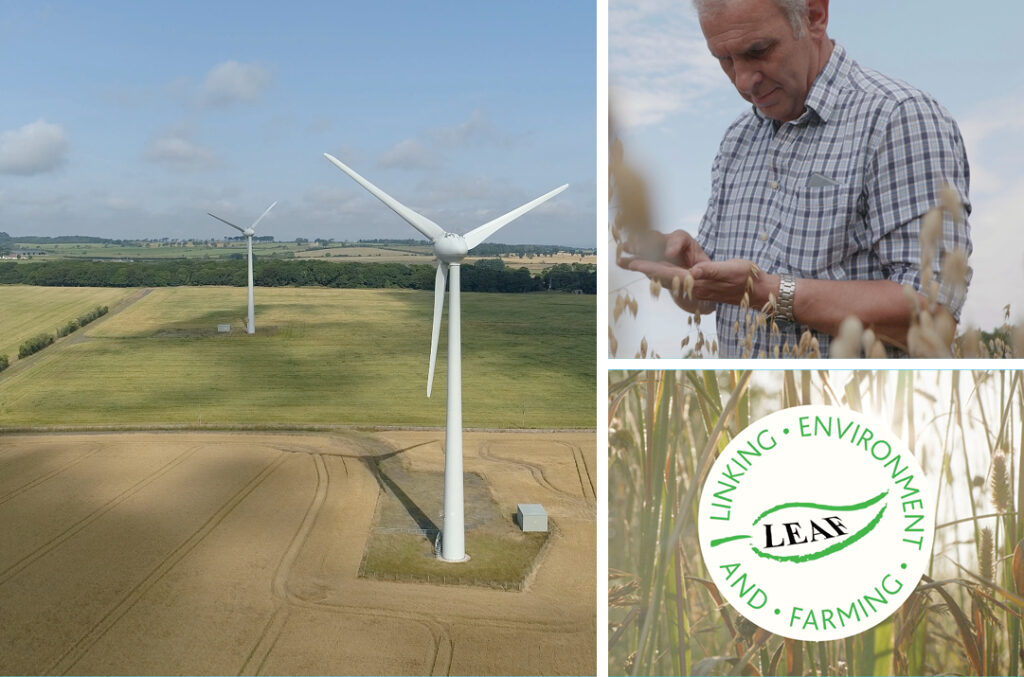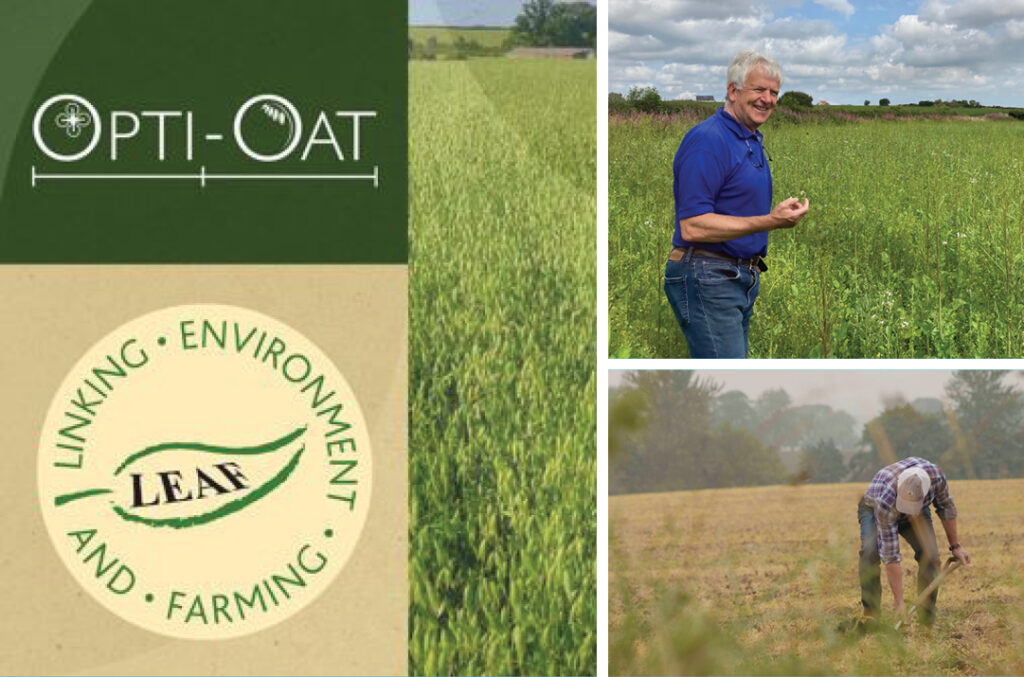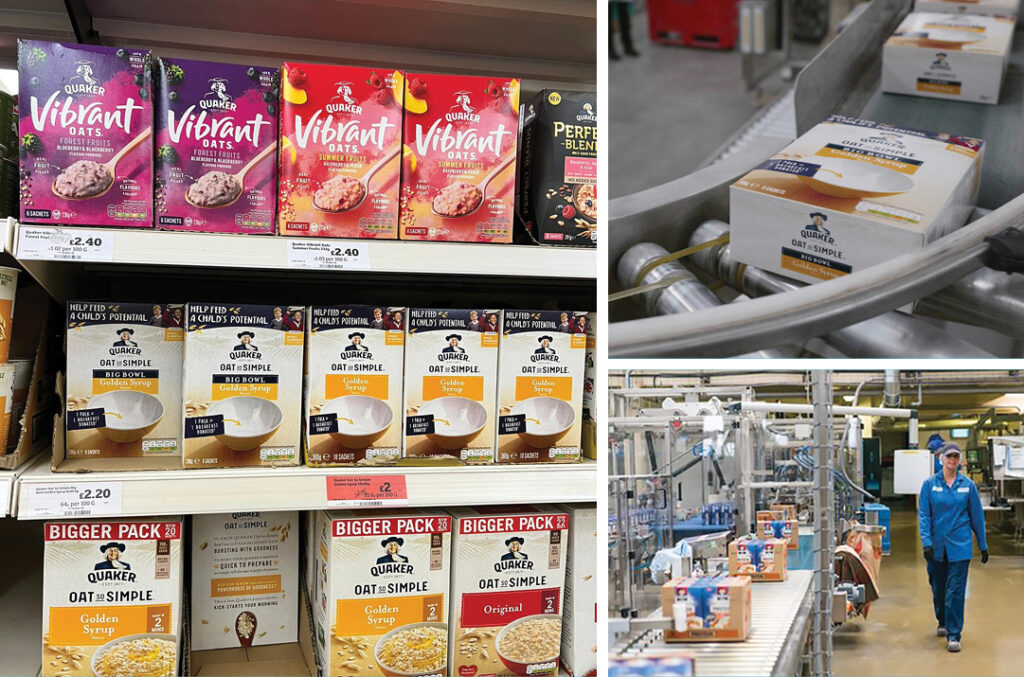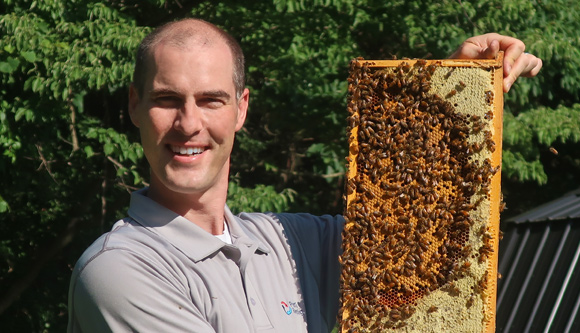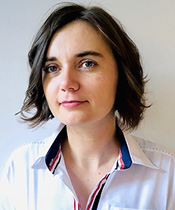Matt Waldie is a fourth-generation farmer — a true steward of the natural world. “My grandfather always said they don’t make land,” he says. “You have to look after what you’ve got.” One of his specialties? Oats.
For the past 15 years he’s grown them for Quaker Oats. His operation expanded six years ago when he became the manager of 4Front Farming, a collective of four farms spanning 3,000 acres in the U.K. Today, 4Front Farming produces 2,400 tons of Quaker oats a year.



